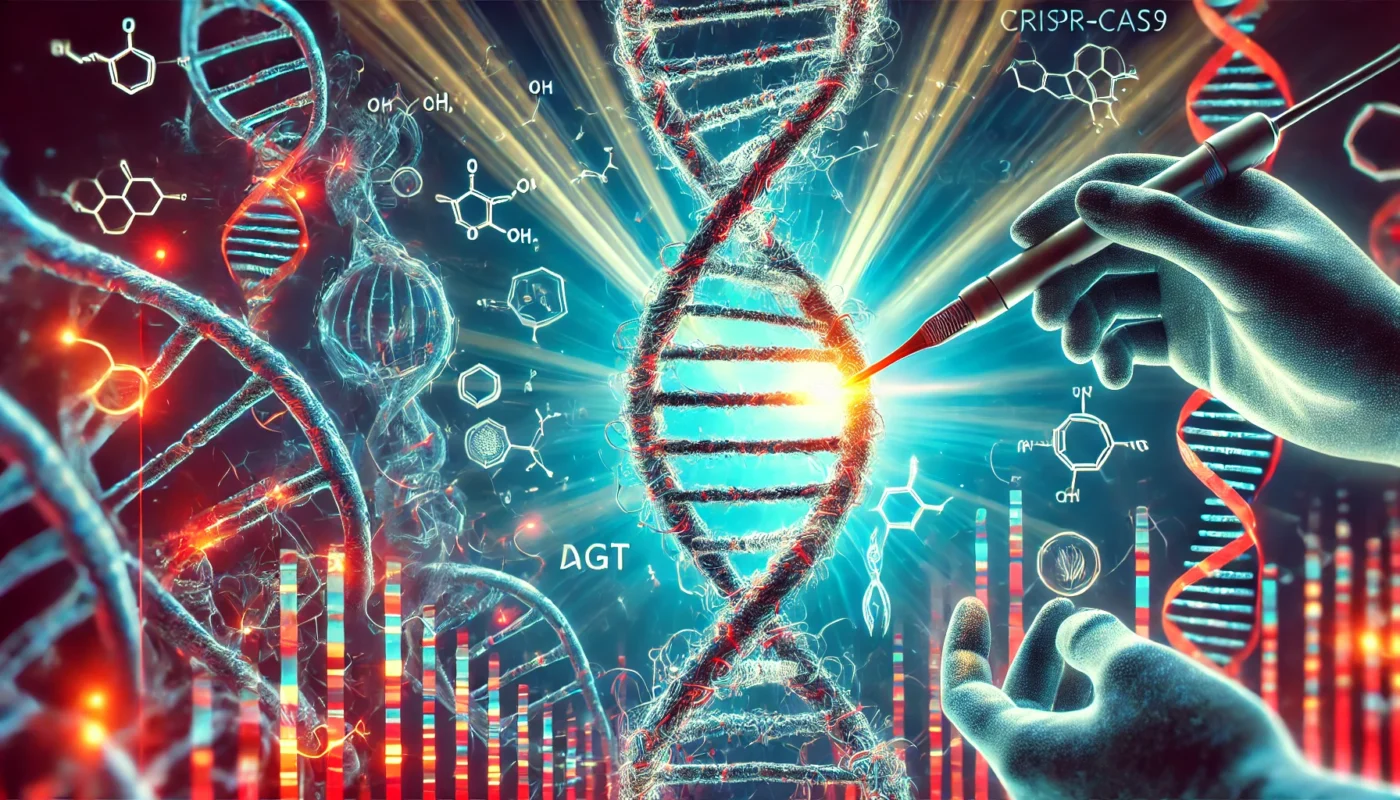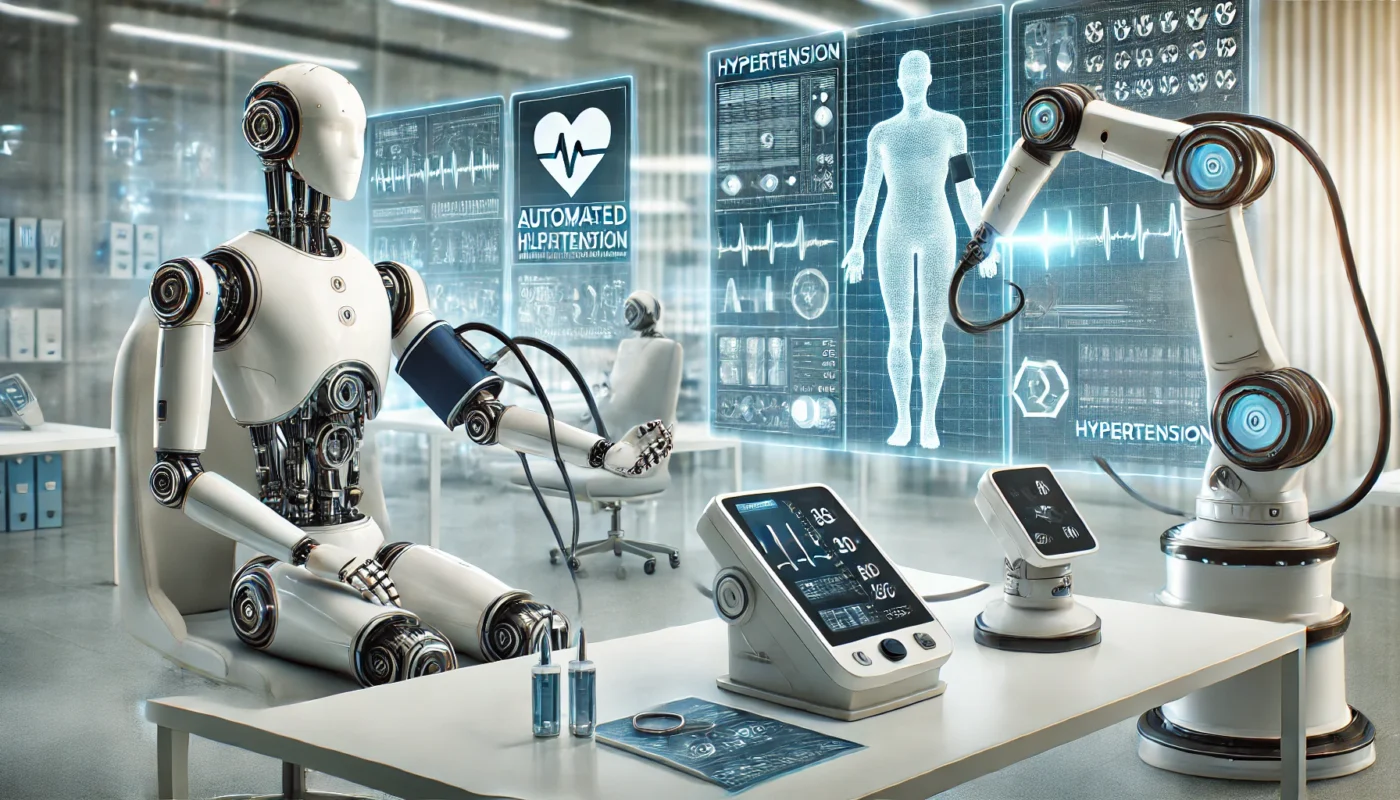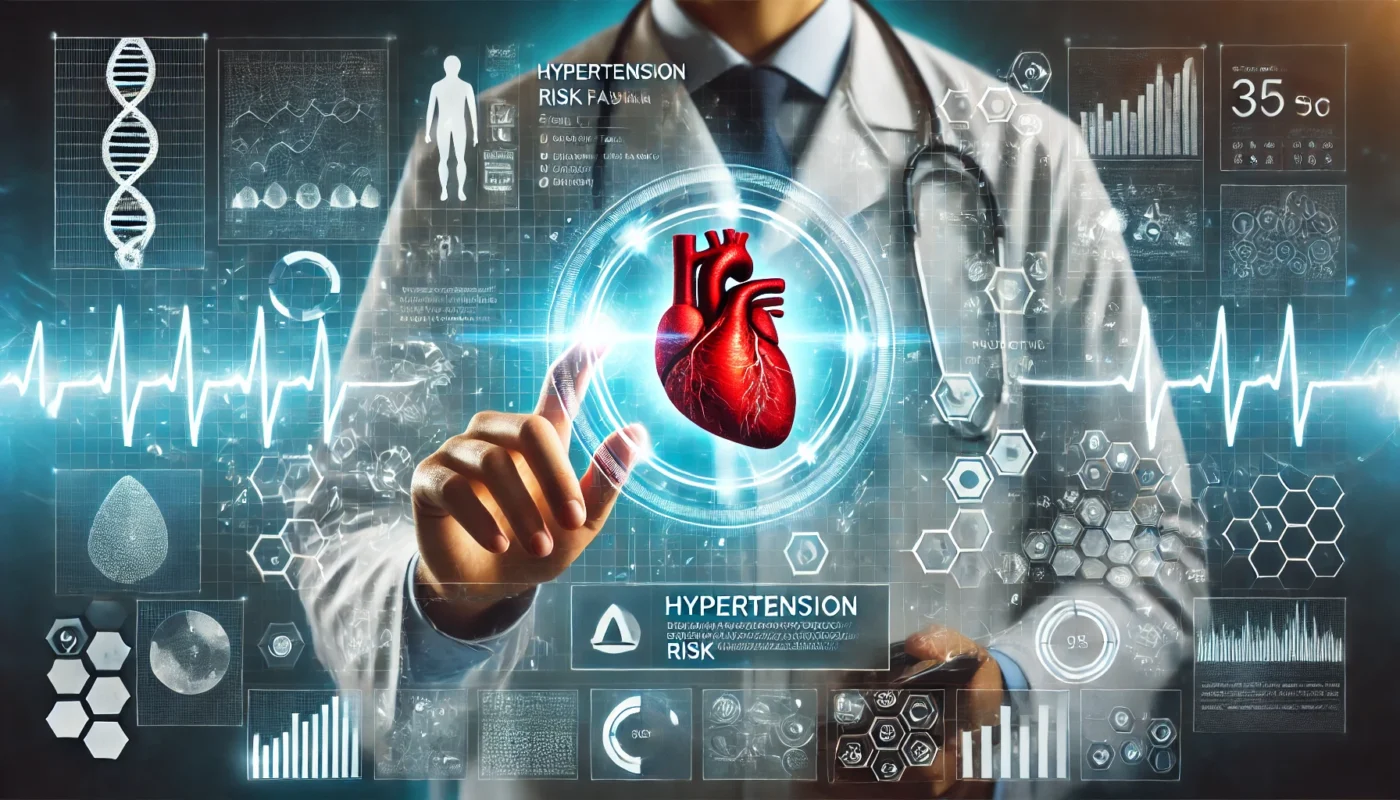Hypertension, commonly known as high blood pressure, affects over 1.28 billion people worldwide, making it one of the most prevalent chronic health conditions. Despite advancements in medications and lifestyle interventions, many patients struggle to achieve optimal blood pressure control, particularly those with resistant hypertension. As researchers explore innovative approaches to managing this condition, gene therapy has emerged as a promising frontier. By targeting the genetic mechanisms underlying hypertension, gene-based therapies offer the potential for more precise and long-lasting treatment. This article examines the science behind gene therapy for hypertension, the experimental therapies under development, and the potential challenges and future prospects of this cutting-edge approach.
Tag Archives: Precision Medicine
Hypertension, or high blood pressure, is a silent yet prevalent condition affecting more than 1.28 billion adults worldwide, according to the World Health Organization (WHO). It is a leading risk factor for heart disease, stroke, and kidney failure. Despite decades of medical advancements, hypertension remains challenging to manage due to its multifactorial nature. Many patients experience suboptimal responses to generalized treatment protocols, highlighting the need for more personalized approaches. Biomarker-driven medicine represents a revolutionary step forward, offering the potential for tailored treatment strategies that improve outcomes. This article explores how identifying specific biomarkers can revolutionize hypertension care.
Hypertension, or high blood pressure, is a global health crisis, affecting over 1.28 billion adults and contributing to millions of deaths annually through complications like heart disease, stroke, and kidney failure. While lifestyle changes and medications can manage the condition, they rarely address the underlying genetic predispositions that contribute to hypertension. Recent advancements in genetic science, particularly CRISPR-Cas9 gene editing technology, offer new hope for tackling the root causes of this pervasive condition. This article explores the potential of CRISPR technology to revolutionize hypertension treatment by targeting its genetic roots, the challenges involved, and the ethical considerations of applying gene editing in this context.
Hypertension, or high blood pressure, affects more than 1.28 billion people globally, according to the World Health Organization (WHO). Despite its prevalence, hypertension remains a complex condition influenced by a combination of genetic, environmental, and lifestyle factors. Traditional treatment approaches often rely on generalized strategies, which may not effectively address the unique needs of every individual. Precision medicine, a revolutionary approach to healthcare, offers a pathway to more effective hypertension management. By leveraging advancements in genomics, data analytics, and personalized treatment plans, precision medicine is transforming how hypertension is diagnosed and treated.
Hypertension, or high blood pressure, is a global health crisis affecting more than 1.28 billion adults worldwide, according to the World Health Organization (WHO). Despite decades of medical advancements, the condition remains a leading risk factor for cardiovascular diseases, stroke, and kidney failure. However, the advent of big data analytics is revolutionizing how hypertension is studied, diagnosed, and managed. By analyzing vast amounts of healthcare data, researchers and clinicians are uncovering patterns, predicting risks, and tailoring treatments with unprecedented precision. This article explores how data-driven approaches are transforming hypertension care, improving patient outcomes, and paving the way for a more personalized and proactive healthcare system.
Hypertension, or high blood pressure, is a silent yet pervasive health issue affecting more than 1.28 billion people worldwide, according to the World Health Organization (WHO). As a major risk factor for heart disease, stroke, and kidney failure, its management requires accurate diagnosis, consistent monitoring, and effective treatment. However, current healthcare systems often struggle to provide the efficiency and personalization needed to address this global challenge. Enter robotics: a rapidly advancing field with the potential to revolutionize hypertension care. From improving diagnostic accuracy to enabling precise treatments, robotics is poised to transform how we approach blood pressure management.
Hypertension, or high blood pressure, is a global health challenge affecting over 1.28 billion adults worldwide, according to the World Health Organization (WHO). Often dubbed the “silent killer,” hypertension typically presents no symptoms but significantly increases the risk of cardiovascular diseases, stroke, and kidney failure. Traditional methods of diagnosing and managing hypertension, while effective, are largely reactive, focusing on treating the condition after it develops. Recent advances in artificial intelligence (AI) are transforming this landscape by enabling predictive analytics to identify individuals at risk before hypertension manifests, paving the way for earlier intervention and improved health outcomes.







